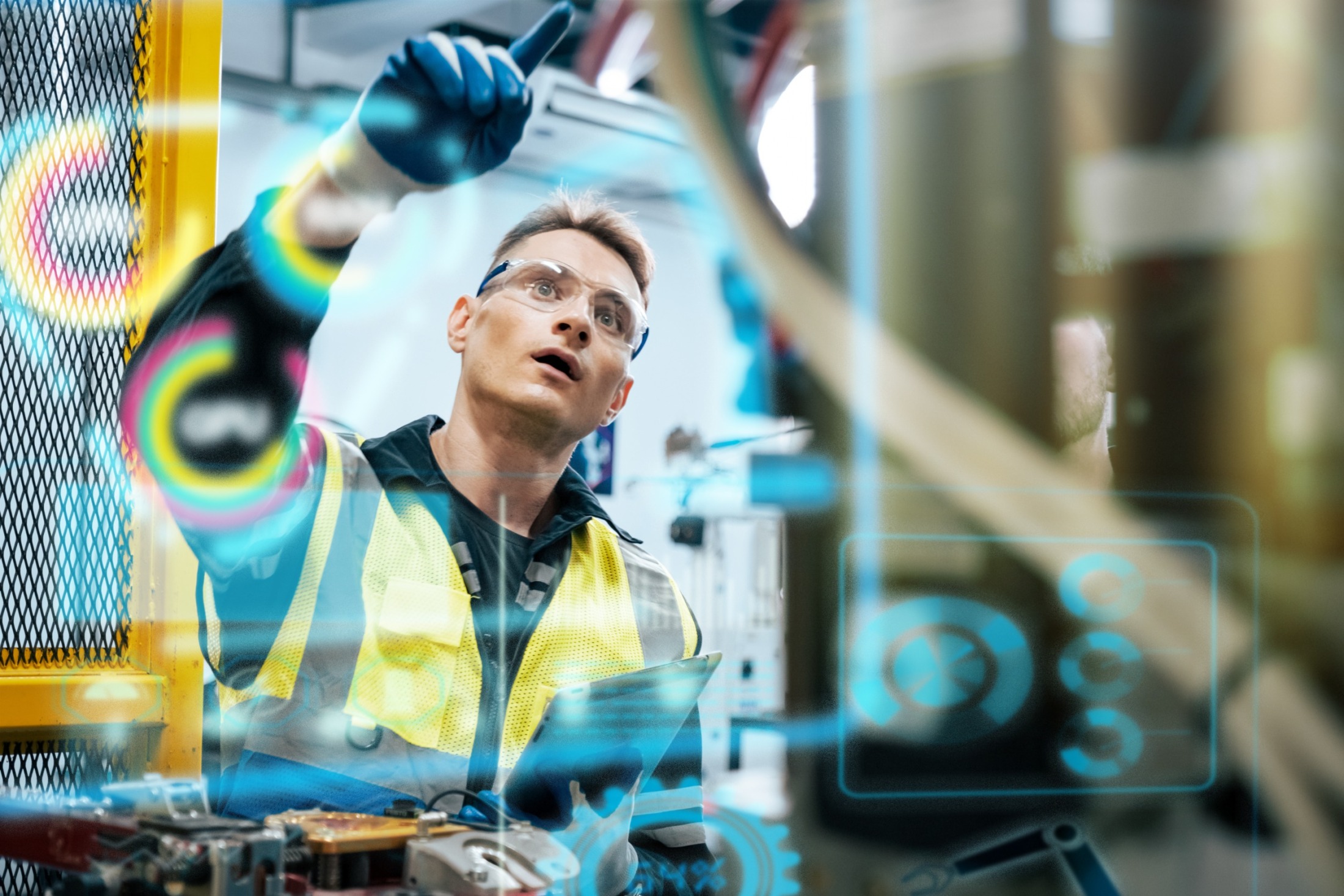In the world of manufacturing, precision and consistency are paramount. The quality of products hinges on the accuracy of machinery, equipment, and processes. To maintain the highest standards, manufacturers rely on calibration and audit practices. At Rhino Tool House, we understand the pivotal role these processes play in ensuring the integrity of manufacturing operations. In this blog post, we’ll delve into how calibration and audit can benefit manufacturing processes, enhance quality control, and ultimately drive improved performance and customer satisfaction.
Calibration: The Key to Precision
Calibration is the process of adjusting and verifying the accuracy and precision of measuring and testing equipment. It ensures that instruments are operating within specified tolerances and provides confidence in the accuracy of measurements. Here’s how calibration contributes to manufacturing excellence:
Product Quality Assurance:
In manufacturing, precise measurements are crucial for ensuring product quality. Whether it’s the dimensions of a machined part, the temperature of an industrial oven, or the weight of raw materials, calibrated equipment guarantees that products meet design specifications.
Compliance with Standards:
Many industries are subject to strict regulatory and quality standards. Calibration ensures that manufacturing processes and products adhere to these standards, reducing the risk of non-compliance and costly penalties.
Reduction in Variability:
Calibration minimizes measurement variability, leading to more consistent and repeatable results. This consistency translates into higher product quality and customer satisfaction.
Cost Savings:
Inaccurate measurements can lead to material waste and rework. Calibrated equipment helps minimize errors, reducing material and labor costs associated with rejections and corrections.
Extended Equipment Life:
Regular calibration can prolong the life of manufacturing equipment by ensuring that it operates within its intended specifications. This reduces the need for frequent repairs and replacements.
Enhanced Process Control:
Accurate measurements enable better process control. Manufacturers can adjust processes in real-time to maintain quality and efficiency, resulting in higher productivity and lower production costs.
Audit: The Assurance of Compliance
Audits in manufacturing involve systematic reviews and evaluations of processes, systems, and operations to ensure compliance with established standards, protocols, and best practices. Here’s how audits benefit manufacturing:
Quality Assurance:
Audits provide an objective assessment of manufacturing processes, highlighting areas of improvement and ensuring that quality standards are met. This instills confidence in customers and stakeholders.
Risk Mitigation:
Identifying and addressing potential risks in manufacturing processes during audits helps mitigate costly production errors, recalls, and safety hazards. By addressing issues proactively, manufacturers can reduce financial and reputational risks.
Continuous Improvement:
Audits serve as a catalyst for continuous improvement. They uncover inefficiencies and bottlenecks, leading to process enhancements, reduced waste, and increased operational efficiency.
Compliance and Certification:
Audits are essential for maintaining compliance with industry-specific regulations and certifications. Achieving and maintaining certifications like ISO 9001 or ISO 14001 demonstrates a commitment to quality and environmental standards.
Supplier Evaluation:
Manufacturers often rely on a network of suppliers. Supplier audits ensure that these partners meet the same quality and performance standards, safeguarding the integrity of the supply chain.
Customer Satisfaction:
Audits help manufacturers deliver consistent product quality, meeting or exceeding customer expectations. This fosters trust and loyalty among customers.
The Synergy of Calibration and Audit
While calibration and audit processes are distinct, they work in synergy to enhance manufacturing processes and product quality:
Data-Driven Decision-Making:
Calibrated instruments provide accurate data, which forms the basis of audit evaluations. Combining precise measurements with audit findings enables data-driven decision-making, leading to process improvements and quality control.
Proactive Issue Resolution:
Calibrations often reveal deviations and potential issues with equipment. When identified during routine calibration, these issues can be addressed proactively before they impact product quality or trigger compliance violations.
Documentation and Traceability:
Both calibration and audit processes rely on meticulous documentation and traceability. This ensures that records are maintained, providing a historical perspective on equipment performance and process adherence.
Continuous Improvement Culture:
The combination of regular calibration and audits fosters a culture of continuous improvement. Manufacturers are encouraged to evolve their processes and systems to achieve higher levels of efficiency, quality, and compliance.
Case Study: Aerospace Manufacturing
Let’s examine a case study in aerospace manufacturing to illustrate the impact of calibration and audit processes:
In the aerospace industry, precision and safety are paramount. Manufacturers must adhere to stringent quality standards and regulatory requirements. Regular calibration of measurement instruments used in component fabrication, such as CNC machines, ensures that parts meet exacting specifications.
Audits, conducted at various stages of the manufacturing process, verify compliance with quality management systems and safety protocols. This comprehensive approach to quality assurance not only results in products that meet the highest industry standards but also minimizes the risk of catastrophic failures in aerospace applications.
Calibration and audit processes are the cornerstones of precision, quality, and compliance in manufacturing.
They not only ensure that products meet design specifications but also enhance process efficiency, reduce risks, and drive continuous improvement. In an increasingly competitive and regulated manufacturing landscape, the value of calibration and audits cannot be overstated.
At Rhino Tool House, we recognize the importance of precision and compliance in manufacturing. We offer a range of tools and equipment to support calibration and audit processes, ensuring that manufacturers have the resources they need to maintain the highest standards.
Don’t underestimate the transformative power of calibration and audit in your manufacturing operations.
Contact us today to explore how we can help you implement these critical processes, leading to improved performance, customer satisfaction, and long-term success. Together, we can elevate your manufacturing excellence through precision and compliance.

